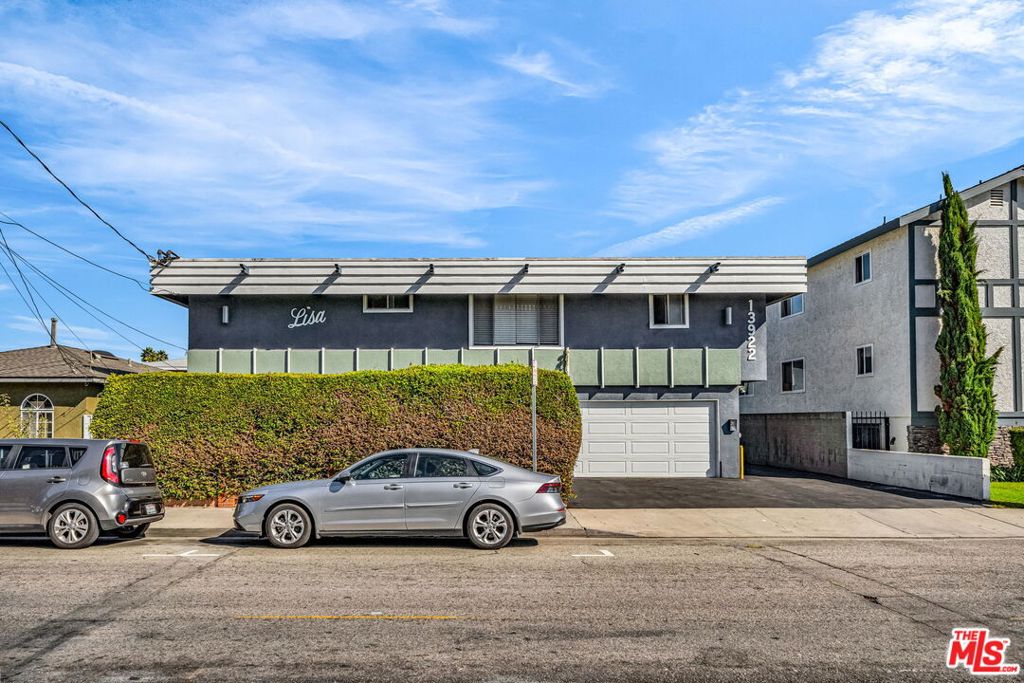In order to provide you with the most correct high-level overview of how probate works in California, it is first important to know what probate is in general terms. Probate is a legal process in which the deceased’s estate, both assets, and liabilities, gets legally and orderly transferred to any surviving beneficiaries. Although it sounds rather simple, the process is a complex one with many players involved, laws and procedures that need to be carefully followed, and ends with the ultimate satisfaction of any debts outstanding followed by the distribution of any benefits to surviving beneficiaries.
The process becomes lengthier if there is any probate real estate involved. Most of the time, the real property will require liquidation, and that in itself has its own timeline and process. Probate does not happen automatically in California, and most other states, since there are tools and mechanisms the decedent may have taken in order to bypass the probate process altogether. But, for the most part, the majority of people do not make use of those estate planning tools and fall within the category of needing a probate case. With that said, let’s dig a little deeper into what probate looks like in California.
What Happens in Probate Court — The Basic Information
During the process of opening up a probate case, a person can petition to be the representative for the estate and hold the responsibility of tallying up all the decedent’s assets and making contact with creditors. Depending on whether a will exists, the representative will be named an executor or in absence of it, the court will appoint a representative by the name of an administrator. Two of the most important responsibilities of the representative will be to file the taxes all the way to the moment of the person’s death and pay all outstanding creditors.
When referring to taxes in the state of California, it means personal taxes, a separate estate income tax filing and in the event of the estate’s assets worth more than $12,060,000 USD then it is also a requirement to file a federal estate tax return. After taxes have been filed (and paid if so required) and creditors have been paid, then the representative can move ahead to distribute any remaining assets to the beneficiaries as per the will or following the intestate succession, found under California legislature in the Probate Code Sections 6400-6414.
What Assets are Subject to Probate?
In California, there is a law that allows for the transfer of assets from the decedent to his beneficiaries without the process of probate in the event the total worth of the assets is less than $166,250.00 USD. Vehicles are not included in the calculation to get to this number. But basically, everything else of value and named to the decedent’s name only is part of probate. This includes bank accounts, valuables such as collectibles, real property, and even personal items that are not registered such as furniture and jewelry.
In this process, typically the asset that is valued the highest is probate real estate. And as you can gather, with all the taxes, and payments to creditors and beneficiaries, it is usually the decision of the administrator to sell the probate real estate in order to satisfy all the outstanding liabilities. There are a couple of different methods allowed in California for the sale of probate real estate, but the hiring of a real estate brokerage firm is usually the most commonly used.
The Probate Process in a Nutshell
The whole process starts with a petition to the court to open a probate case. During this whole process, much of the timeframe is dictated by the court, since there are multiple petitions and hearings to determine the next steps. Usually, there will be a hearing regarding the petition 30 days out. During that time, the court will have to make a publication three times regarding the hearing date and details in addition to mailing out the information to any people named in the will or if one does not exist, then what will be considered the natural heirs of the decedent?
There will be a bond that needs to be posted, which is basically like an insurance policy in the event the administrator does anything wrong, the money can come out of the estate. If everything up to this point runs smoothly, letters are issued by the court giving authority to the representative to handle the decedent’s matters.
It is the responsibility of the appointed representative to start an inventory of all the assets which will also be valued by the court’s appointed “California Probate Referee”. During this time, the representative will also contact a real estate firm to handle the sale of the probate real estate.
The selling of probate real estate also has its specific timelines, and it is imperative that the administrator consults and hires a firm that is well-versed in this particular real estate transaction. After all the assets have been accounted for and sold if necessary, and all liabilities such as taxes and creditors have been paid off, then the administrator’s role is to distribute any remaining assets to the beneficiaries of the estate.
Although the probate process has many moving parts, one of the most important is the selection of the right agent to partner with for the sale of the real property. The CREM Group is a real estate brokerage firm dedicated to the very niche of probate real estate sales. With ample knowledge of the California market and backed by brokers and attorneys, they have served countless families dealing with court-supervised sales. Contact them today for a free consultation.



